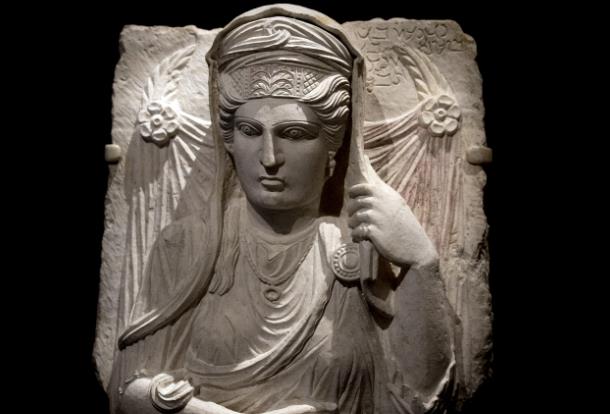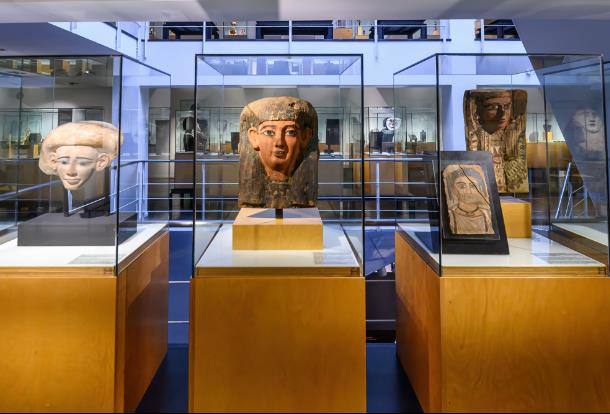Apr.13, 2009: China´s exhibitions industry, which flourished in the heyday of double-digit economic expansion and burgeoning trade, is feeling the pinch of the global financial crisis and belt-tightening that´s going on across corporate sectors.
Many of those who have for years attended every exhibition on the circuit are now getting choosy about which trade fairs they attend.
Some prefer to spend their money on exhibitions in places such as Hong Kong and Macau, because those events tend to attract the bigger, international buyers.
"We prefer fairs that have a long history, a good reputation, big industry names, diversified products portfolios and a large number of new products," said He Wei, a purchasing specialist at a Guangdong-based trading company.
Some exhibitors are getting cold feet as overseas orders plummet and the reliability of suppliers has been clouded by the failure of some Chinese export companies. Companies that are surviving are cutting back production to conserve profit margins and cash.
"Companies are more cautious in choosing exhibitions,´´ said Preecha Chen, president of Reed Exhibition Greater China. "They are opting for big, well-known exhibitions.´´
Exhibition revenue is expected to fall up to 15 percent this year from a year earlier, said Fang Peiying, general manager of Intex Shanghai Co, an exhibitions company.
According to the China Council for the Promotion of International Trade, among all 1,881 exhibitions approved by the council to be held abroad in 2008, only 59 percent went ahead, down 4 percentage points from the previous year.
The figure for the second half of 2008 was 56 percent, as many exhibitors who signed up for offshore fairs canceled their plans.
Further falls likely
More of these kinds of exhibitions will fall through, be postponed or be reduced in size, experts say. Exports brought by offshore exhibitions will fall by nearly US$8 billion, said Wan Jifei, chairman of the promotion council.
Growth in the industry will slow this year, and it might need two to three years to recover and return to its former 20 percent annual growth, said Zhang Dingguo, general manager of the World Expo (Group) Shanghai Modern International Exhibition Co.
Many entrepreneurs view the credit crunch as both a crisis and an opportunity, leading analysts to suggest that it´s time for the exhibition industry to restructure itself to take advantage of changing times.
Smaller, less well-known fairs may have to be scrapped to make room for big-name shows to succeed.
China may boast the most fairs in the world, but Germany has the most popular exhibitions, attracting big-name buyers and sellers from across the globe.
China needs to learn from those successes as it recasts its own exhibition industry to weather the economic storm.
"The crisis is conducive to consolidation within the industry," said Reed Exhibition´s Chen. "Smaller fairs will either have to fold or be merged into larger ones.´´
Chen said his company expects to expand through mergers and acquisitions. The goal this year is to maintain growth after a 20 percent expansion last year.
Brands and image
Reed has signed an agreement with a subsidiary of Shanghai World Expo (Group) Co to host exhibitions in the city´s World Expo facilities to enhance its brand and image.
"A good exhibition mainly helps exhibitors display the company´s image, present its latest products and demonstrate its enterprise culture to as many customers as possible," said Zhu Liwen, secretary-general of the Asia Events Forum, an organization that focuses on the conventions and exhibitions sector, festivals and sporting events.
Companies on the exhibitions circuit are keen to keep their corporate image in the public eye so they can emerge from the downturn with their name and brands intact.
"To build up our company image is a main purpose for us to attend," said Pacific Coast´s Zhang. "Seeing us at Hotelex gives clients more confidence in us and helps us sign contracts.´´
China´s exhibitions industry is taking a cue from international players such as Messe Frankfurt. The German exhibitions company provides an online service after the close of an exhibition that allows buyers and sellers to make post-fair deals.




